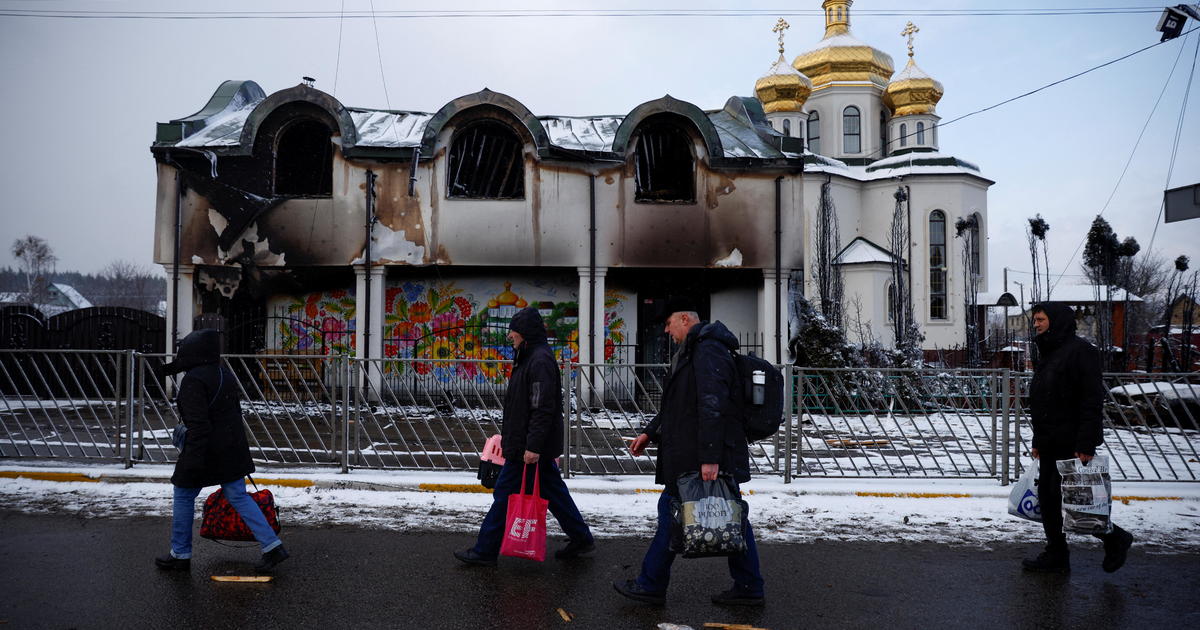
These companies continue to do business in Russia
CBSN
The list of companies continuing to operate in Russia is shrinking by the minute, but dozens of corporations including multinational manufacturers and hotel chains are still doing business in the country despite intense public pressure to withdraw over its invasion of Ukraine.
McDonald's was among the big-name companies to announce last week that it would temporarily close its 850 restaurants in Russia. Cola-Cola and PepsiCo quickly followed suit, as did restaurant chains Burger King, Papa John's, Little Caesars and others. Deutsche Bank on March 11 announced that it was "winding down" its business in Russia. The German financial giant had drawn fire for initially saying that it intended to continue some of its activities in the country.
The decisions to withdraw or suspend operations come amid warnings by Russian prosecutors that existing companies could see their assets seized and CEOs critical of the government could face arrest, the Wall Street Journal reported, citing people familiar with the matter.

Robert Morris, founding pastor of Gateway Church, a megachurch in Southlake, Texas, has been indicted on five counts of lewd or indecent acts with a child, stemming from alleged incidents dating back to the 1980s, the Oklahoma attorney general's office announced Wednesday. We are aware of the actions being taken by the legal authorities in Oklahoma and are grateful for the work of the justice system in holding abusers accountable for their actions. We continue to pray for Cindy Clemishire and her family, for the members and staff of Gateway Church, and for all of those impacted by this terrible situation.












